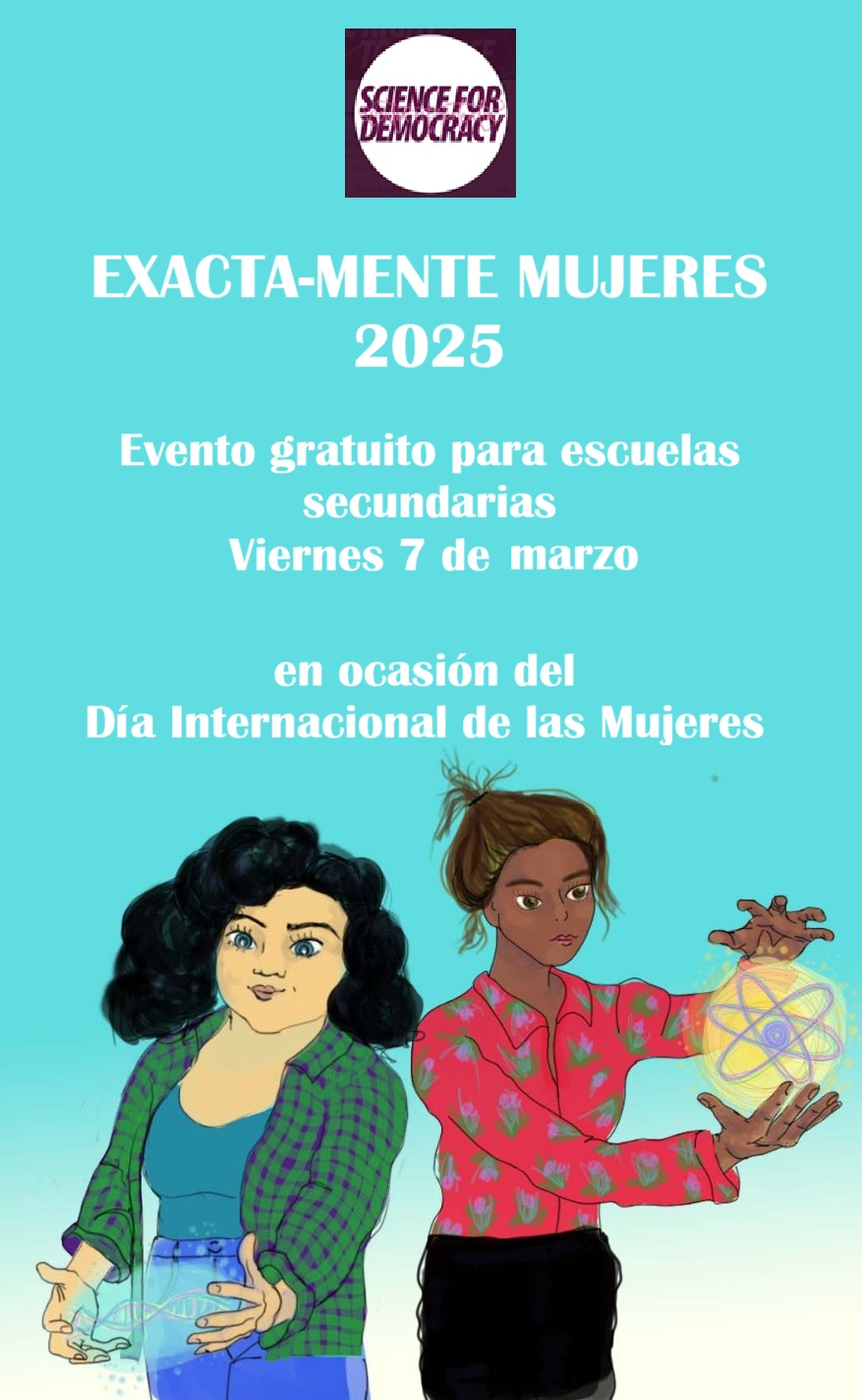
In 2023, Science for Democracy Secretary-General Dr. Cesare Romano attended the High-Level Dialogue on Climate Change and Human Rights. This dialogue took place to inform the judges of the Inter-American Court of Human Rights who were writing an advisory opinion at the request of Chile and Colombia, on what human rights obligations States of the Americas have to combat climate change. Dr. Romano presented the Right to Science and its usefulness as a human rights tool to combat climate change.
Earlier this year, the Inter-American Court of Human Rights issued the advisory opinion. The Court specifically mentioned the Right to Science in its findings, stating that it is a serious commitment for member States, and that States have an obligation to uphold and protect the Right to Science. This includes the obligation to produce scientific progress and protect and disseminate scientific knowledge and its applications. This knowledge must be accessible in a way that all people, without discrimination, can access scientific progress and its applications. The Court stated that the knowledge must be “quality”, meaning the most advanced, up-to-date, generally accepted, and verifiable available at the time. The advisory opinion further underscored an important aspect of the Right to Science: the protection and recognition of indigenous and native knowledge. The Court advised that indigenous communities are consulted and taken into account when creating climate change solutions.
Advisory opinions are important instruments in human rights law. In addition to providing guidance and context for governments in implementing human rights policies, they also help to strengthen relationships between States. Through this advisory opinion, OAS members can uphold the Right to Science and help mitigate the devastating impacts of climate change together.
The full advisory opinion can be read here.
Cover photo by Matt Palmer


